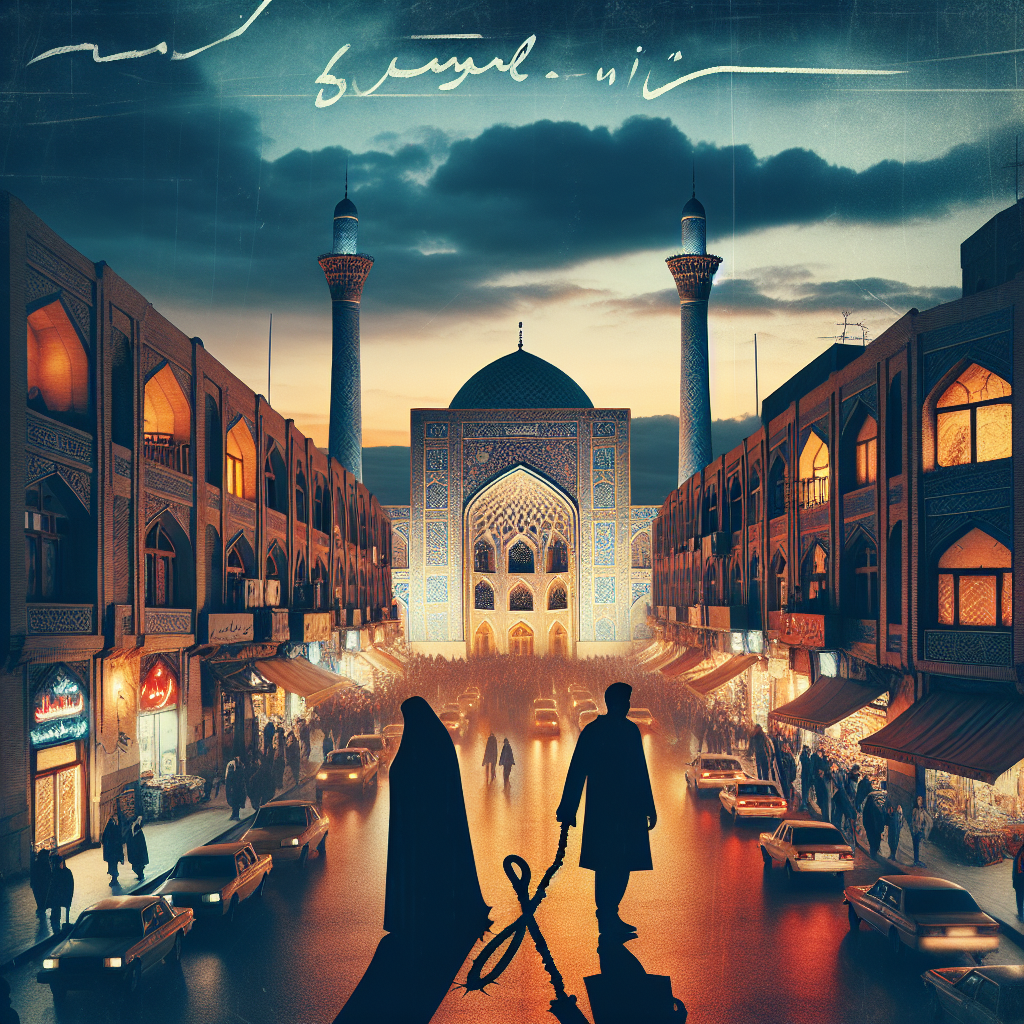The West currently grapples with significant challenges, facing potential defeats on multiple fronts, which raises the pressing question of whether valuable lessons will be extracted from these situations. At the World Economic Forum, John Kerry hinted at a concerning element of governance: the aspiration for narrative control over free speech. His comment about the First Amendment illustrates a broader dilemma within the Western institutional framework, particularly around managing dissenting voices and unregulated populism. This raises the critical concern of how freedom of expression is often viewed as a hindrance to the objectives outlined by the so-called ‘International Order’, a term that encapsulates contemporary political structures and responses to unexpected external pressures.
The discourse around freedom, merit, and sovereignty is further complicated by current dynamic geopolitical events, particularly relating to Iran’s military capabilities. While U.S. President Biden described a recent missile attack by Iran as “defeated and ineffective,” security experts such as Will Schryver emphasize the contradiction in this narrative, arguing that the missile strikes displayed significant Iranian capabilities. This mismatch between perception and reality highlights a broader issue within Western leadership—an ideology that often dismisses evidence contrary to established narratives, further obscuring an understanding of geopolitical realities. Such a mentality may stem from a technocratic view of politics that lacks a moral foundation, rendering it detached from the lived experiences of ordinary people.
The underlying insecurity within Western governance manifests towards states like Iran, which challenges the rigid ideologies prevalent in Western thought. Iran embodies a rich cultural heritage that exists outside the bounds of Western tradition, leading to it being unfairly categorized as a threat. This misrepresentation serves the interests of those in power who prefer to maintain hegemonic narratives rather than engage with alternative worldviews. The Western elite’s dismissal of history and culture as dangerous reflects a broader reluctance to engage with complexities, opting instead for simplistic characterizations that facilitate the maintenance of their ideological grip on power.
The tension escalates with Iran’s responses to Israeli provocations, where the West has often urged restraint. For instance, after Israel’s assassination of an Iranian general, Iran’s limited missile response was portrayed as weakness by the West, despite serving as a demonstration of military capability. This created a scenario where Iran was constrained by external expectations while simultaneously facing ongoing hostilities. When such actions are viewed through a lens of negligence and misinterpretation, the destructive potential for escalation increases significantly, as indicated by a growing narrative around a potential wider conflict instigated by both regional and global powers.
The potential for war looms large, particularly as rhetoric surrounding Israeli intentions toward Iran ramps up, framed by U.S. support for Israel in its endeavors. The complex web of narratives and diplomatic failures suggests a concerning trajectory towards inevitability, where miscalculations continue to steer regional powers toward conflict. Furthermore, the apparent willingness of the Biden Administration to let Israel act freely in escalating tensions only complicates the situation, making it difficult for diplomatic avenues to prevail. This reliance on military solutions over dialogue mirrors historical precedents that have led to devastating conflicts, highlighting the urgent need for a strategic reassessment.
Ultimately, the continuous cycle of misunderstanding, misperception, and aggressive rhetoric within the West raises fundamental questions about the capacity of leaders to learn from past failures. The moments of restraint or capability showcased by nations like Iran have often been poorly interpreted, heightening tensions when diplomatic channels could instead promote stability. As history demonstrates, the consequences of ignoring nuanced realities can lead to catastrophic outcomes, urging all involved to reconsider their approaches before the cycle of violence spirals out of control once again. The West must grapple with these dynamics thoughtfully if it hopes to mitigate the impending crisis and foster a more constructive global dialogue.

